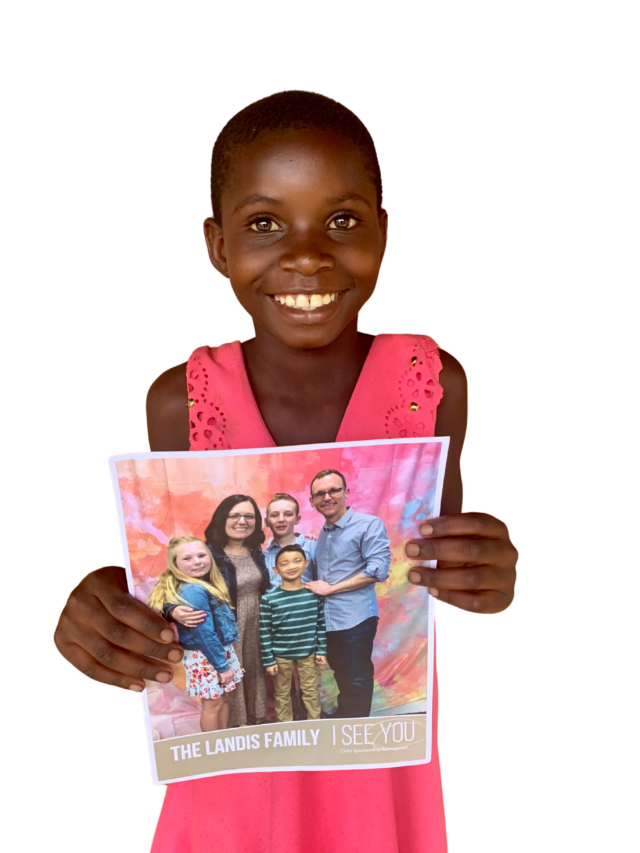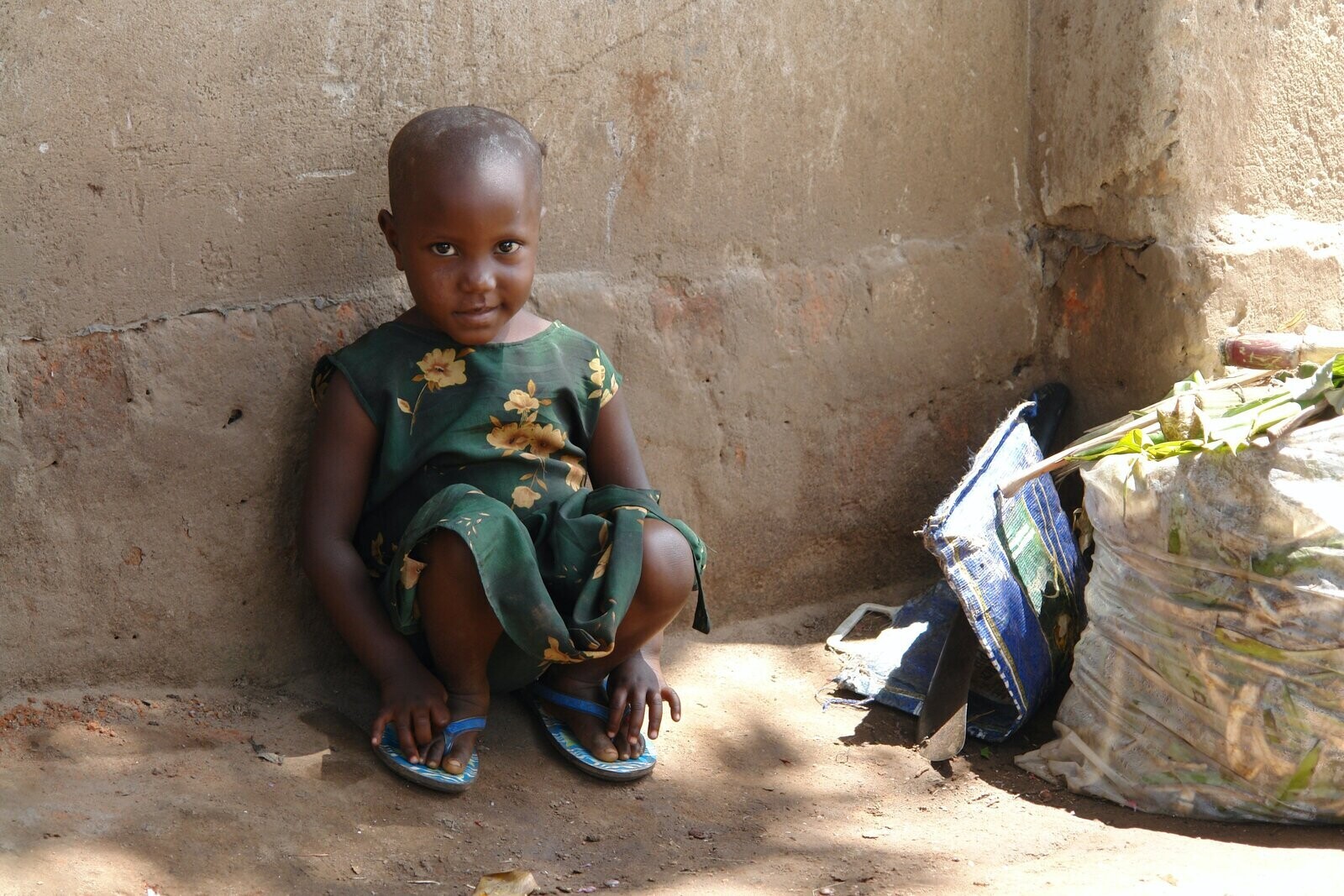In many developing nations, children and adolescents face immense challenges that hinder their potential for a meaningful and self-sustaining future. Community-based development programs provide a vital solution to these issues, transforming lives through comprehensive support and empowerment. These programs address basic needs, education, skills training, and much more, creating pathways to success for vulnerable populations. In this article, we’ll explore the positive impact that community-based development programs can have on communities, particularly in developing countries.
What Is Community Development?
Community development involves initiatives aimed at improving the well-being of individuals within a community. These initiatives focus on enhancing economic, social, and environmental conditions. Community and economic development programs often include education, job training, healthcare, and infrastructure improvements. Additionally, community leadership development programs help empower local leaders to drive positive change.
Importance of Community Involvement
Understanding the importance of community involvement is crucial. Community-based programs thrive on active participation from local members, who are better equipped to identify and address their unique challenges. Why is community engagement important? Because it ensures that solutions are tailored to the community’s specific needs, leading to sustainable and impactful outcomes.
Transformative Impact on Lives
Community development programs — like the ones offered by Forgotten Children Worldwide (FCW) — significantly impact the lives of individuals, particularly children and adolescents. These programs provide essential services that create opportunities for a brighter future and help promote self-sufficiency. Here are some of the ways they do so:
Education and Skills Training: Education is a cornerstone of any community development program. By providing access to quality education, these programs equip young people with the knowledge and skills they need to succeed. Additionally, vocational training programs prepare adolescents for the workforce, giving them the tools to secure meaningful employment and break the cycle of poverty.
Health and Nutrition: Access to clean water and nutritious food is fundamental to the well-being of any community. Community-based programs often include initiatives for food and water security. These initiatives ensure that children have the sustenance they need to grow and learn effectively, preventing malnutrition and disease.
Protection and Empowerment: Programs that focus on protection and empowerment are vital. They provide safe environments where children can thrive without the threat of violence or exploitation. These programs also educate young people about their rights and how to protect themselves from trafficking and abuse.
Goals of Community Development Programs
The main goals of community development programs encompass a wide range of services aimed at holistic improvement. Some of these goals include:
Educating and Training: Providing quality education and vocational training to enhance skills and employability.
Health and Nutrition: Ensuring access to clean water, nutritious food, and healthcare services.
Economic Empowerment: Teaching valuable skills and providing job training to foster economic independence.
Community Leadership: Developing local leaders to sustain and propagate positive change within their communities.
The Importance of Community Support
Why is community important? Because strong communities provide the support and resources individuals need to thrive. The importance of community support cannot be overstated. It creates a network of care and assistance, helping vulnerable individuals overcome obstacles and achieve their potential.
Case Study: FCW’s Kipindi Mpito Program
Forgotten Children’s Kipindi Mpito program in Uganda exemplifies the transformative power of community-based development. This flagship program focuses on transitional care for orphans and vulnerable children as they move into adulthood. Kipindi Mpito provides:
Life Skills Training: Young women (and men starting in 2026) learn critical life skills, including personal discipleship, trade training, and self-confidence building.
Counseling and Mentoring: Participants receive guidance and support to navigate the challenges of adulthood.
Economic Opportunities: The program includes trade training and small business start-up assistance, enabling participants to achieve financial independence.
HIV Care & Education Initiatives: These programs provide medical care, hygiene supplies, counseling, nutritious food, and schooling for families affected by HIV/AIDS.
Food & Water Security Programs: By building clean water wells and ensuring food security, these programs prevent disease and provide stability.
Empowerment Programs: Education and mentorship initiatives teach young people their rights and how to avoid exploitation.
Child Sponsorship: Sponsorship helps children break free from poverty, avoid trafficking, and experience the love and support of caring individuals.
Real-Life Transformations
The impact of these programs is evident in the stories of individuals like Tiyamike and Gloria. Tiyamike, after losing her parents and facing early pregnancy, received support from a sponsorship program. Today, she has a diploma in computer and information systems and a bright future. Similarly, Gloria, who faced significant challenges after her father’s death, gained valuable skills through Kipindi Mpito and now works as a professional seamstress, supporting her family and contributing to her community.
Community-based development programs are vital for creating lasting change in developing nations. They provide education, skills training, healthcare, and economic opportunities that transform lives and foster self-sufficiency. Organizations like Forgotten Children exemplify the power of these programs, demonstrating how comprehensive support can lead to meaningful, self-sustaining futures for vulnerable individuals. The importance of community engagement in these initiatives cannot be overstated, as it ensures tailored and sustainable solutions for the unique challenges faced by each community.
At Forgotten Children Worldwide, we strive to empower forgotten children in developing nations. Our mission is to protect, empower, love, and repeat. A major part of our work is guiding the vulnerable on the road to meaning and self-sufficiency. Kipindi Mpito is just one of our initiatives by which we help children and adolescents by teaching them critical life skills, offering counseling and mentoring, promoting personal discipleship, trade training, and focusing on self-confidence and empowerment.
We also focus on child sponsorship that provides clothing, nutrition, education, medical care, spiritual development, and mentorship to children in need. If you are interested in getting involved, you can learn more about what we do, sponsor a child, or make a donation to support our critical work!
Have Questions? Want to Learn More?
We’re here to answer your questions and guide you in making an impact. Reach out to us today and start your journey with Forgotten Children Worldwide.
Contact Us
